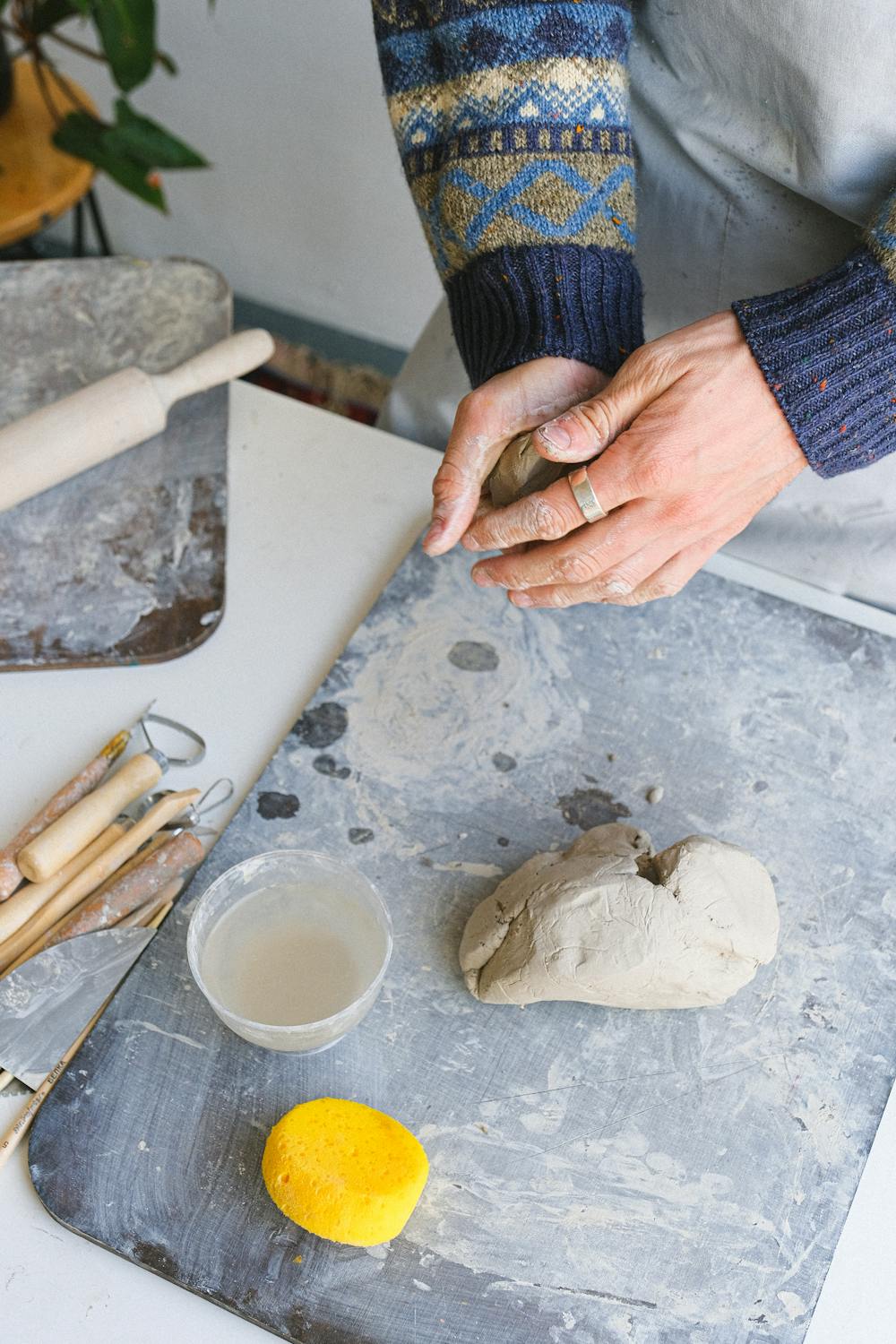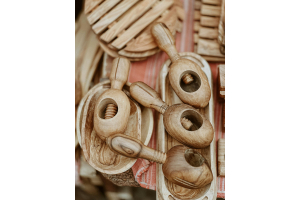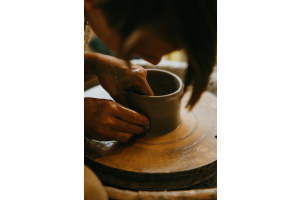How to Ensure Ethical Practices in Sourcing

Look for:
- Fair Trade Certification
- WFTO membership
- Registration under India’s Handicrafts Development Schemes
Tip: Request documentation or certificates before placing bulk orders.
2. Establish Direct Communication Channels
Directly communicating with artisans builds trust. It helps you understand their working conditions, production timelines, and material sourcing.
Benefits:
- Avoids misinformation from intermediaries
- Enables fair price negotiation
- Builds a long-term working relationship
Use tools like:
- WhatsApp Business
- Google Meet or Zoom
- Slack (for team coordination)
3. Pay Fair Wages and Set Transparent Terms
Fair compensation ensures artisans can sustain their livelihoods. Transparent contracts should outline:
- Payment schedules
- Quantity and quality standards
- Delivery timelines
Ethical pricing means not undercutting artisans. Consider the cost of raw materials, labour, and cultural value.
Note: Paying deposits upfront builds trust, especially with first-time artisans.
4. Audit Working Conditions
If you're placing large or repeat orders, consider auditing the working environment either physically or virtually.
Key elements to check:
- Safety: Clean space, fire exits, ventilation
- Child Labour: Ensure all workers are of legal age
- Working Hours: No forced or excessive overtime
Partner with local NGOs for inspections if you can't visit personally.
5. Encourage Use of Sustainable Materials
Ethical sourcing includes environmental responsibility. Work with artisans who use:
- Organic cotton
- Bamboo
- Recycled or upcycled fabrics
- Natural dyes
Ask artisans:
- Where are your materials sourced from?
- Are they local, recycled or certified sustainable?
This transparency helps you create a product story that resonates with conscious consumers.
6. Offer Training and Support
Go beyond transactions. Help artisans improve their craft or business operations. You could fund:
- Digital literacy sessions
- Sustainable craft workshops
- Quality control training
This helps elevate their skills and ensures consistent quality over time.
Bonus: It strengthens loyalty and reduces production issues.
7. Document and Share Your Ethical Practices
Ethical sourcing is also about accountability. Keep clear records of:
- Artisan profiles
- Payment receipts
- Material sources
- Photographic evidence of production stages
Why share this?
- Builds consumer trust
- Adds transparency to your brand
- Improves chances of media coverage or partnerships
Final Thoughts
Ensuring ethical sourcing is not about perfection — it's about commitment and accountability. By making conscious choices, you’re not just buying products — you're investing in communities, preserving traditions, and shaping a better global marketplace.
Ethical sourcing creates real impact — one product, one artisan, one choice at a time.









